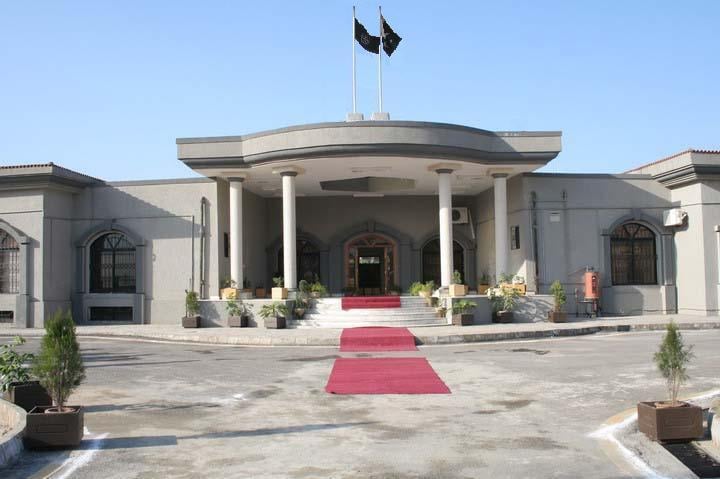In an unprecedented move, two judges of the Islamabad High Court (IHC), Justice Babar Sattar and Justice Sardar Ejaz Ishaq Khan, have written formal letters to Chief Justice Aamer Farooq ahead of a full court meeting. The letters, circulated to all IHC judges, raise serious concerns over a lack of transparency and alleged anomalies in the court’s administrative functioning, challenging the chief justice’s authority on several key issues.
The four-page letter by Justice Babar Sattar questions whether the IHC is effectively fulfilling its constitutional role as a protector of fundamental rights. It highlights a severe lack of transparency in preparing case rosters and fixing cases, arguing that this undermines judicial independence. A major point of contention is the alleged sidelining of senior judges in case assignments and administrative roles, while additional judges are given prominence, which is seen as a violation of established rules.
A significant shared concern in both letters is the mandatory requirement for judges to obtain a No-Objection Certificate (NOC) from the chief justice for foreign travel. Justice Ejaz’s letter specifically called this practice a “serious violation of the fundamental right of judges to travel,” questioning whether a judge’s holiday destination should be subject to the chief justice’s approval. Furthermore, Justice Ejaz criticized the issuance of new Practice and Procedure Rules without adequate consultation or full court approval, deeming any actions under them potentially unlawful.
The judges have demanded that these critical issues, including case allocation, the composition of the administrative committee, and the NOC policy, be added to the agenda of the full court meeting. This internal dissent places immense focus on the meeting’s outcome, as it will test the court’s ability to address internal governance and uphold the principles of transparency and independence it is meant to champion.














